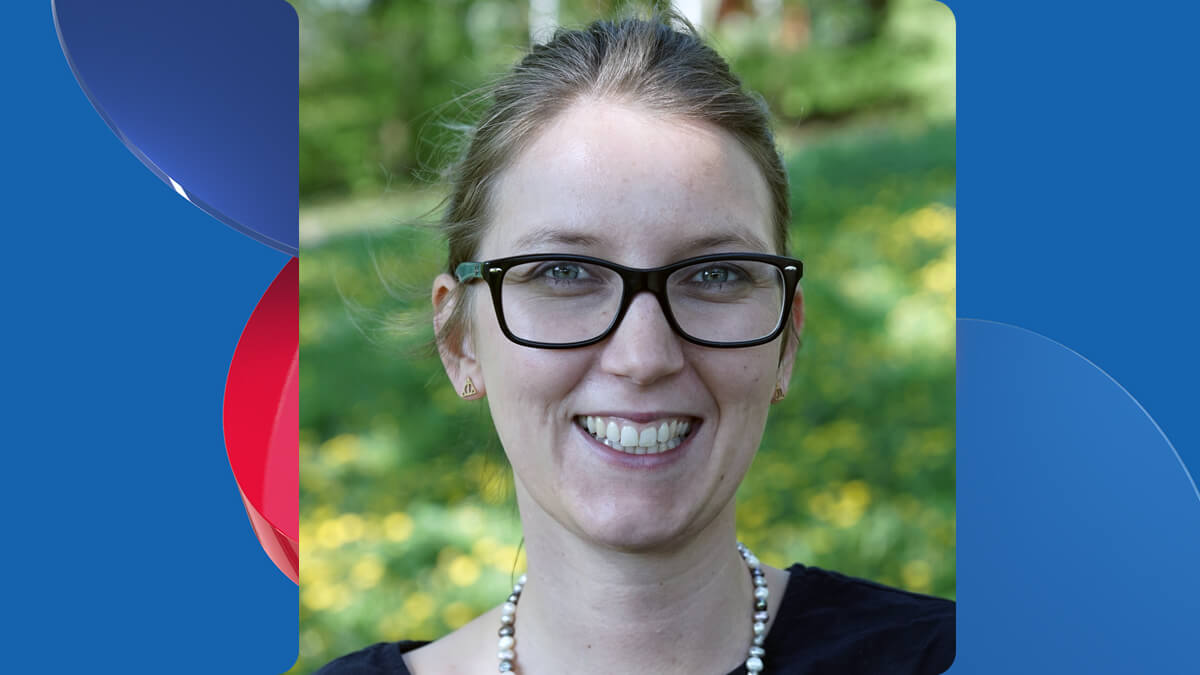Reshaping the tree of life – elucidating the role of novel archaea in ecology and evolution
About the session
The origin of eukaryotes approximately two billion years ago was one of the most impactful evolutionary processes in the history of life on Earth. This event likely took place through the symbiosis of an archaeal host cell and an intracellular bacterium, which eventually became the mitochondrion. Since the discovery of the archaea domain, sequencing-based techniques have not only broadened our knowledge of the diversity of archaea but also highlighted their importance for evolution. The closest prokaryotic relatives of modern eukaryotes are the recently discovered group of Asgard archaea. While genome-based information shows their eukaryote-specific features, detailed information on the physiology of Asgard archaea is still missing. Using samples from around the world, we are trying to enrich and isolate those archaea. By combining classical approaches with high-throughput cultivation methods and modern ‘omics techniques, we aim to explore, expand and reshape the tree of life.
Speakers

